As the abnormality continues, DocPoint arrives just in time to bring much needed perspective into the world. With an online only festival ahead, here are fifteen films I recommend that nobody misses. They cover the entire globe, but their message is one unified in a compassionate plea for equality.
Tickets for DocPoint 2021 go on sale January 22nd. Click on the name of each film for more information.
ANNY
Sixteen years is both a very long and very short time. In an average life, it’ll go by in moments, leaving you wondering how the years gallop by faster by the minute. But in a decade-and-a-half, entire countries can collapse, rebuild, and turn into something entirely different. Such is the case with ANNY, documenting its titular 46-year-old woman’s life throughout recent Czech history.
Character portraits fascinate me, especially when they’re about ordinary people amid momentous events. Even as Anny’s life doesn’t change dramatically, the world around her is barely recognizable over the years. I can’t wait to see how director Helena T?eštíková captures the passage of time. If her previous films are any indication, it’ll be with a kind of quiet poeticism that only cinema can achieve.
A SONG CALLED HATE
What happens when an anticapitalist BDSM performance group infiltrates the Eurovision Song Contest to deliver a searing indictment of Israel’s inhumane actions against Palestine? Well, you get an incredible basis for a documentary, for one.
While the foundation sounds fit for a parody, A SONG CALLED HATE isn’t a joke. Instead, director Anna Hildur uses the outrageous setting to discuss how all art is inherently political, even when competitions adamantly pretend like they’re not. And how, if you’re not careful, any act can turn on its head when taken too far.
A SONG CALLED HATE looks like an utterly fascinating documentary. It’s made all the more critical by how blindly people follow Eurovision and how audiences let its political failures slide every year.
BELOW SEA LEVEL
Director Gianfranco Rosi’s BELOW SEA LEVEL could easily be a follow-up to last year’s stupendous NOMADLAND. Set in Slab City, California, a squatter community that is the last resort for those failed by the system in reality. Geographically it’s located below sea level, as the title suggests, yet they’re in the desert nonetheless. From this paradoxical existence, Rosi follows the lives of those who’ve lost everything.
Like NOMADLAND, Rosi’s film doesn’t judge, condescend, or criticize. It gently documents those whom capitalism has failed. It also sheds light on the next phase of inhumanity, as Slab City turns into a tourist attraction for those who’ve never had to worry about money. Holding up a mirror to our society, BELOW SEA LEVEL looks to be another startling addition to our present history, documenting the inevitable downfall that’s heading our way.
DOPE IS DEATH
The war against minorities is the story of America. Its chapters are as ever-changing as the names it goes by. In the 1970s, as the drug epidemic ravaged the black communities, the Black Panthers and the Young Lords, under Mutulu Shakur’s leadership, created an acupuncture detoxification program to help those suffering from addiction.
Their methods not strictly legal; the key figures behind the project were quickly prosecuted and arrested. But instead of finding a cure or helping the community, the US government allowed the epidemic to continue. Throughout archival footage and interviews, director Mia Donovan crafts a haunting look at recent American history and the ever-growing roots of hatred deep in the country’s foundations.
EL SICARIO, ROOM 164
Reminiscent of Joshua Oppenheimer’s remarkable THE ACT OF KILLING, director Gianfranco Rosi returns with a second must-see film for the festival. EL SICARIO is a portrait of a killer, who, with cold and meticulous calmness, recounts his life as an assassin. Gone is the romanticism of hitmen with hearts of gold and in their place a chilling real-life portrait of someone who chose a life of inhumanity for profit.
If it isn’t clear by now, I’m a sucker for any kind of portrait picture, especially when it’s about worlds I will (in this case, hopefully) never encounter. Shot in a single location without flashiness, EL SICARIO looks like a riveting, if thoroughly terrifying, experience.
END OF THE LINE – THE WOMEN OF STANDING ROCK
Just a short week ago, the US Congress was the target of a terrorist coup attempt that left multiple people dead. As America tries to bury the event as fast as possible, it tears open wounds left unhealed from the last four years. Namely, the horrific response against the women of Standing Rock and the effects of late-stage capitalism running rampant.
As the Dakota Access Pipeline threatened the Lakota, Nakota, and Dakota tribes’ sacred lands, the women of the Lakota tribe stood up against it. After their non-violent protest against the pipeline became public, the Lakota faced an increasingly hostile enemy. Police responded with violence and unlawful arrests, which saw the movement spread worldwide to seek justice.Effects of that event still ripple throughout American society, and the real cost of capitalist colonialism will not be apparent until years later. Luckily director Shannon Kring is here to document the protest, if only for us to know and point at the time when everything went to hell.
EATNAMEAMET
What happens when your culture is the last one left, and even that is slowly disappearing? For the Sámi people, it’s a daily struggle as Finnish culture continues to expand over their lands and heritage.
Directed by Suvi West, EATNAMEAMET is about loss, but equally as much about life. I can’t think of anything more important for young and old Finns to see, especially as we like to pretend to be a progressive nation, despite our violent past that continues through systemic abuse. Eventually, all we know will fade, too.
GARAGE PEOPLE
Depicting the lives of ordinary people living in the outskirts of a small town somewhere in Northern Russia, GARAGE PEOPLE is precisely the kind of look into other worlds that fascinates me.
I can’t tell if there’s any story to this or much of a plot at all, but I find myself not caring. I’m enamored in seeing how others live, especially when they’re so removed from the world I inhabit. Somewhere, someone else is going about their daily routine involving an underground system they built alone. I want to hear all about it. It makes me feel connected to this planet.
NO KINGS
NO KINGS works as a companion piece to both NOTHING BUT THE SUN and EATNAMEAMET. Where the two document the fading cultures with a compassionate distance, director Emilia Mello immerses herself into the world of her subjects. It forces us to ask where the line between objectivity blurs entirely and how much we affect by arriving as intruders to film something we don’t fully understand. And how does our viewpoint change when the subjects themselves long for a life beyond the culture we inadvertently romanticize?
ONCE UPON A TIME IN VENEZUELA
The village of Congo Mirador is sinking and soon will be gone from this world. Whether through climate change, poor upkeep, and the changing world, the town over the water is breathing its last.
As governments change and power changes hands to those seeking personal gain, ONCE UPON A TIME documents its effects on the lives of the have-nots. New lives come into a world with no future, while weaponized politics dictate millions’ livelihoods. Shot over seven years, ONCE UPON A TIME looks like a heartbreaking glimpse at life far removed from ours, where not just man, but the planet itself, seems to be against you.
STOP FILMING US
When most imagine the Congo – or any portion of Africa’s vast continent – they picture a singular entity shaped by marketing footage. In Joris Postema’s new documentary, the western lens, long depicting the expansive cultures and peoples exclusively as a starved warlike nation without a future, comes under fire. As he follows young Congolese individuals who document their lives without western influence, Postema comes to realize just how equally harmful the outsider’s perspective can be.
For all of us who love documentaries, STOP FILMING US looks to be a powerful reminder that just because we want to understand doesn’t mean we aren’t susceptible to cultural blindness.
SCHOOL OF HOPE
Who gets to have an education? We like to claim that it’s a universal right, but how do we ensure that to happen? Deep in the Moroccan outback, an entire generation of children seek a better future in the only school for kilometers around. Surrounding them is the inhospitable landscape without a future in sight.
Mohammed El Aboudi’s SCHOOL OF HOPE gives a face and voice to those who hope for a better tomorrow, even in the face of insurmountable odds. As their culture of herders fades, they might have a chance at breaking away. But at what cost?
PURPLE SEA
Whenever someone tries to argue that refugees crossing the treacherous seas to find a better life should look elsewhere, I find myself flashing with white-hot rage. It’s an inhumane dismissal of epic proportions, one that ignores the vast horror people face just for a chance at a better life.
Documenting one of these journeys, Amel Azakout was on one of these ships when it capsized. Hundreds went into the water; not all came back out. Throughout all of this, Azakouts camera kept recording.
PURPLE SEA is a testament to endless courage and the unspeakable cruelty of a world that forces others to risk their lives for the chances we consider apparent.

THE WALL OF SHADOWS
Is there a more privileged act of cultural imperialism than climbing a mountain? It certainly feels that way, especially as toxic westerners have polluted national monuments worldwide in their vain efforts to prove something.
Turning the camera on those who help these people up the mountain, director Eliza Kubarska sheds light on people who help contaminate their sacred lands to survive. THE WALL OF SHADOWS asks us to consider our hubris, forcing natives to desecrate their heritage for our Instagram glory, and how this culture permeates through everything we do.


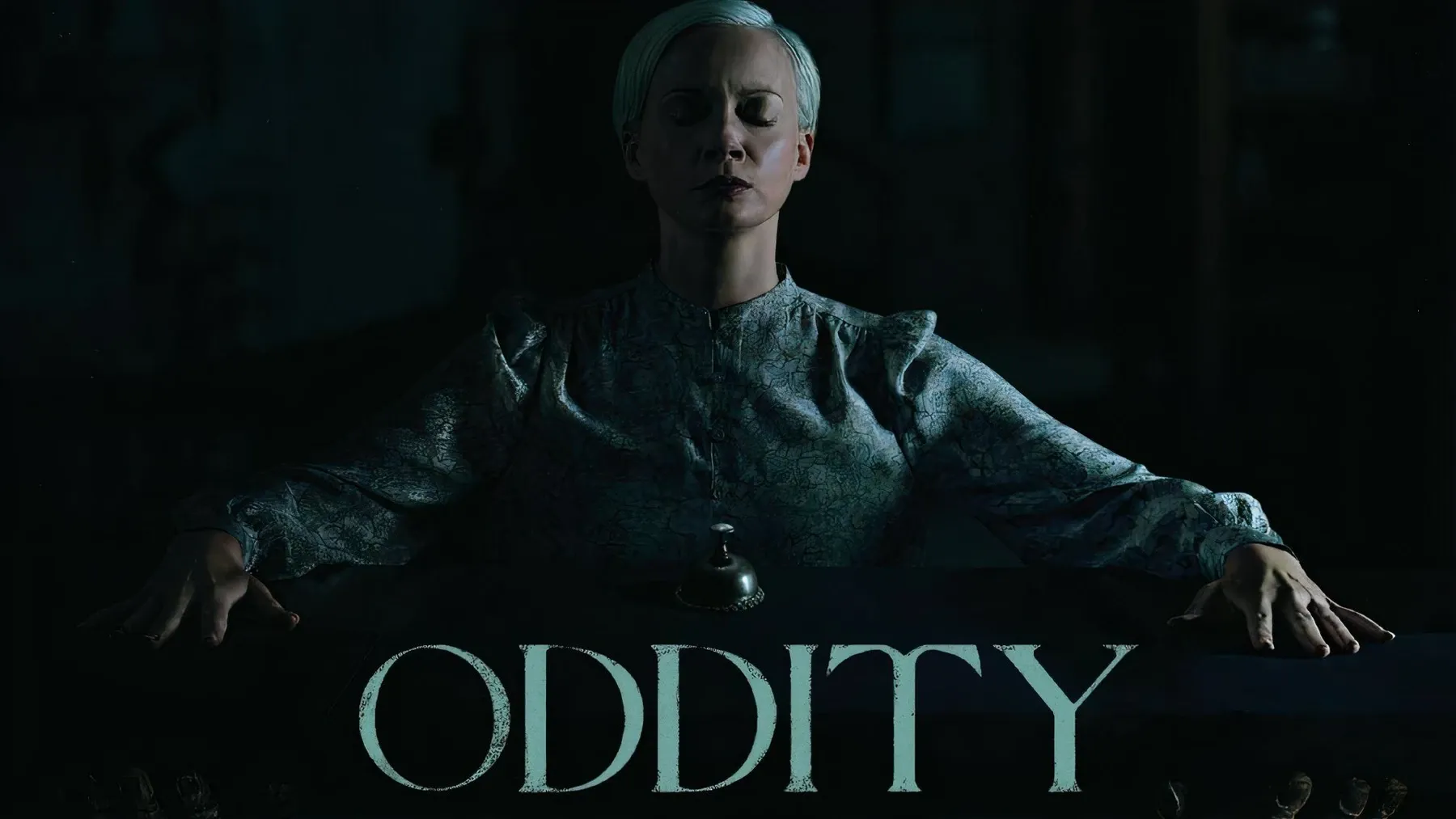
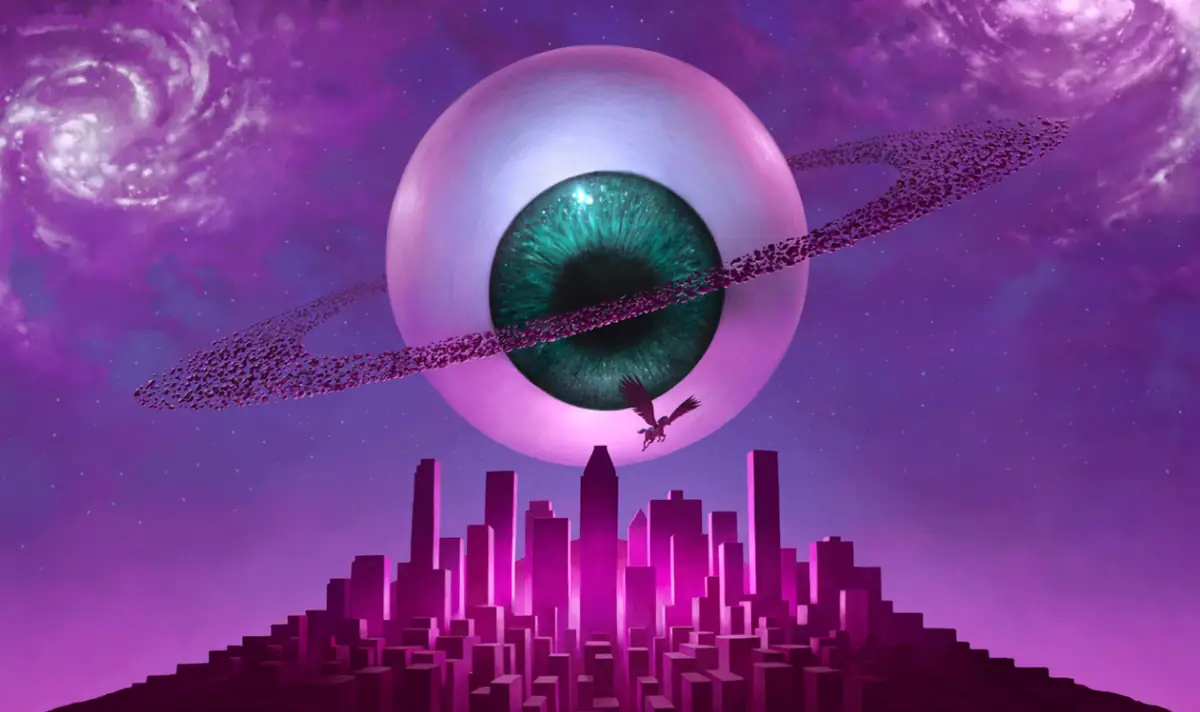
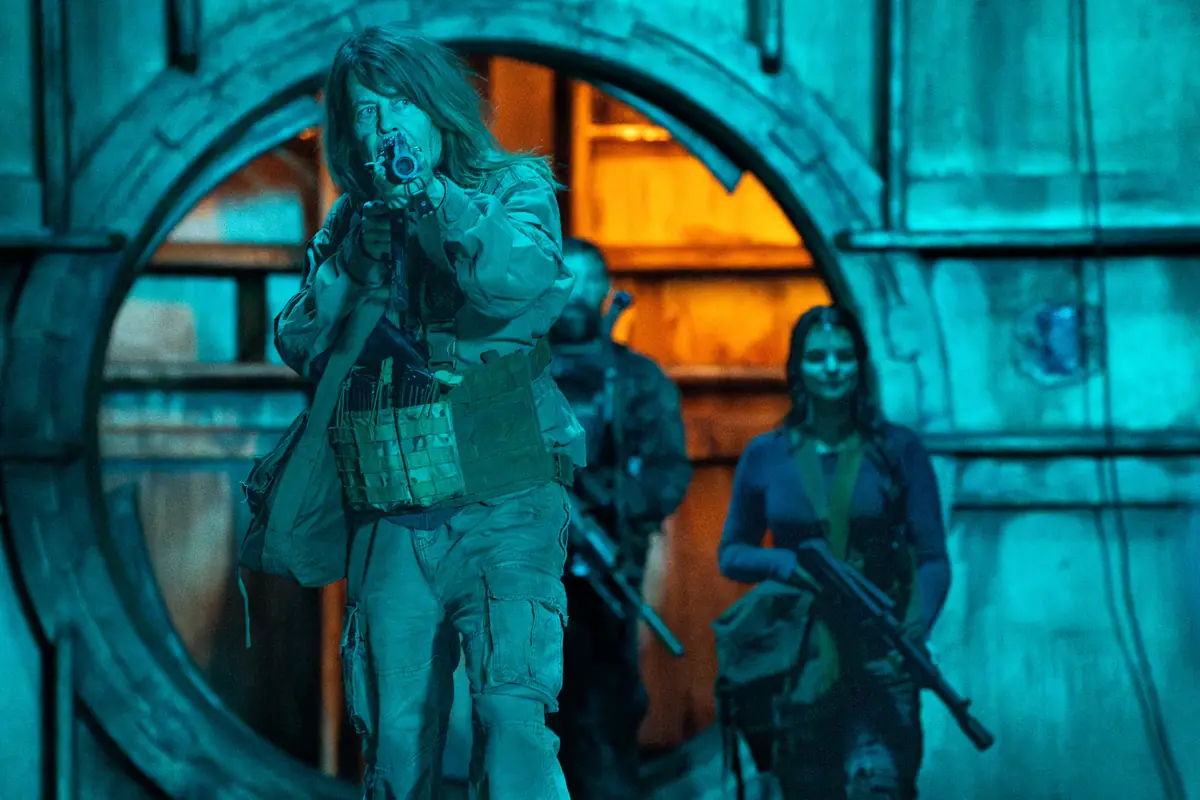

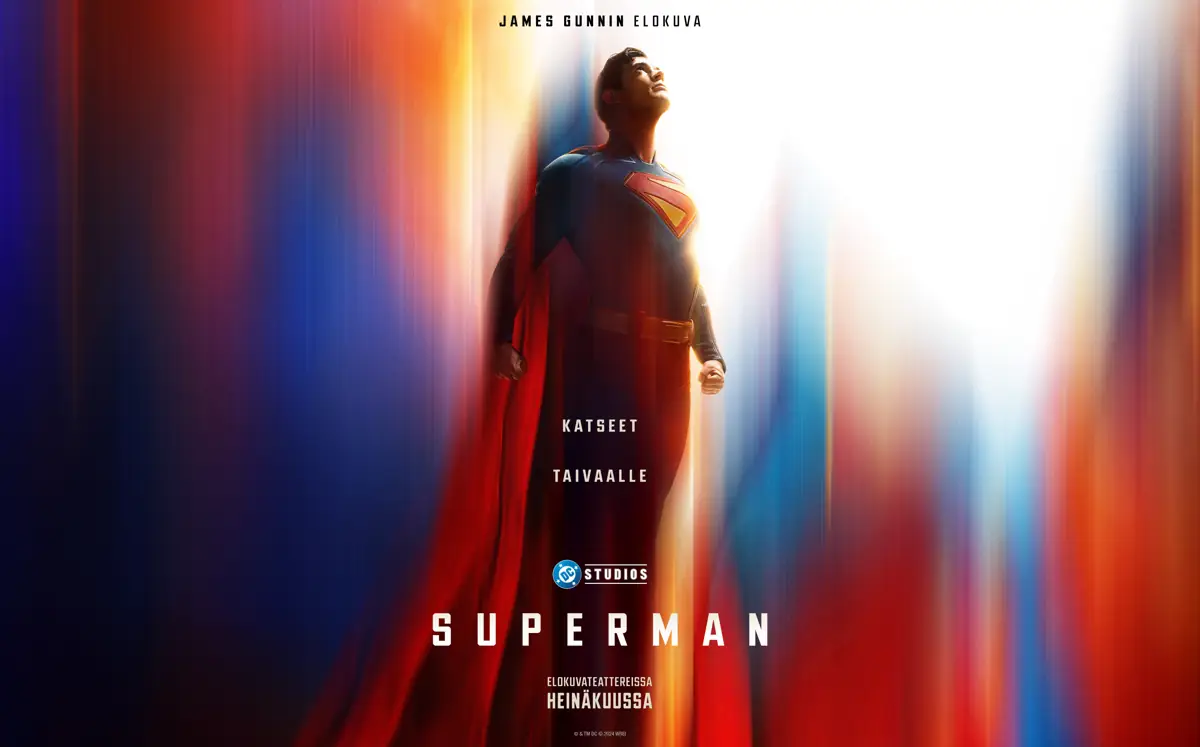

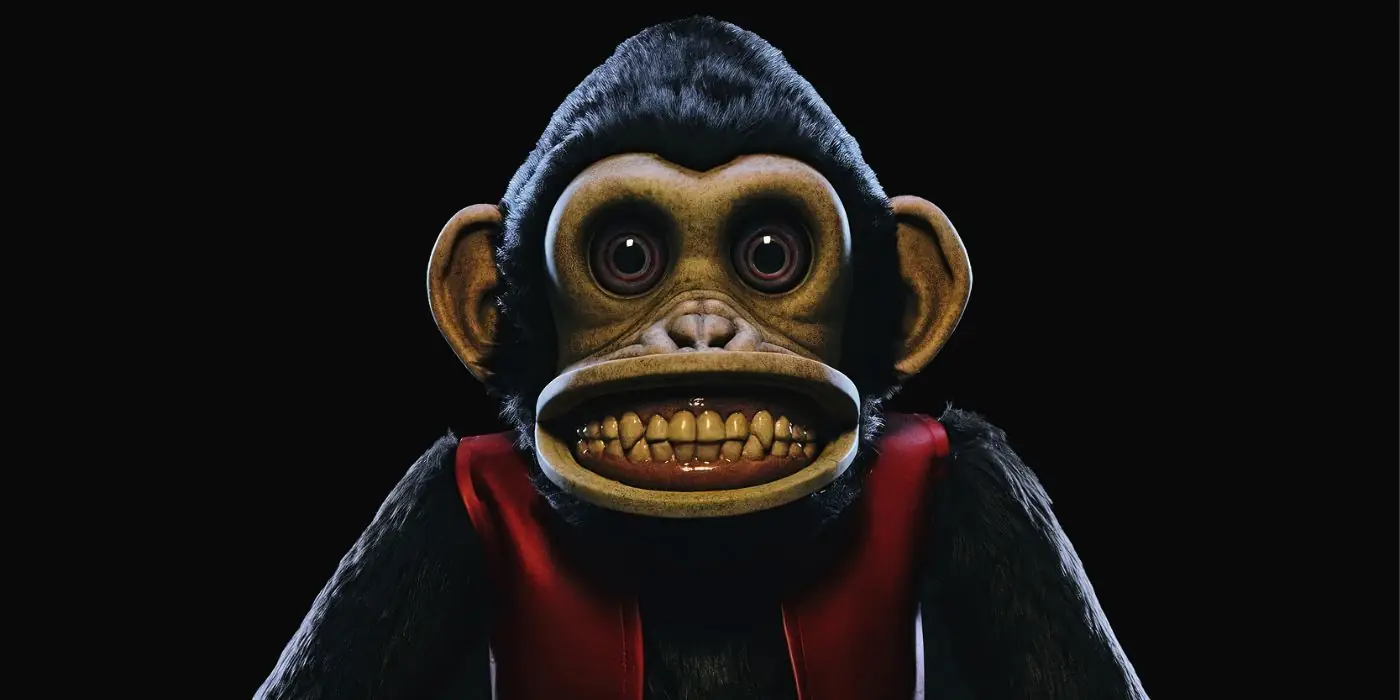
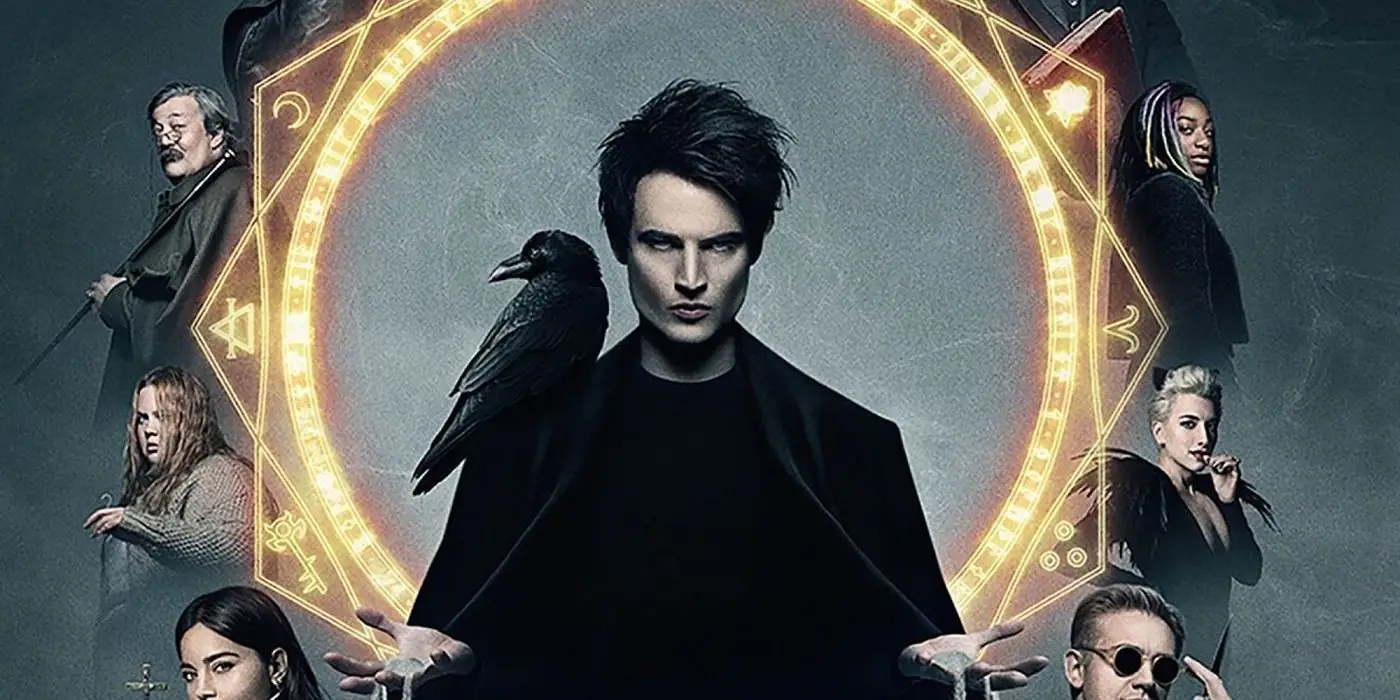
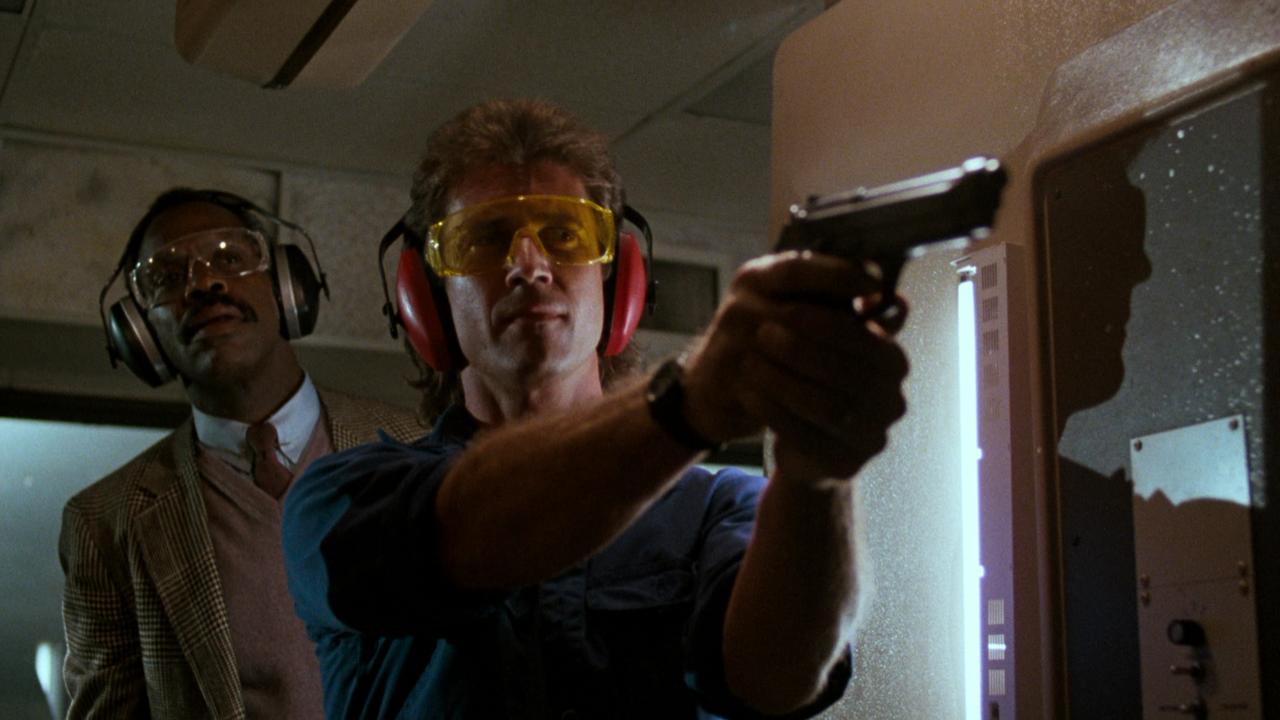


Discussion